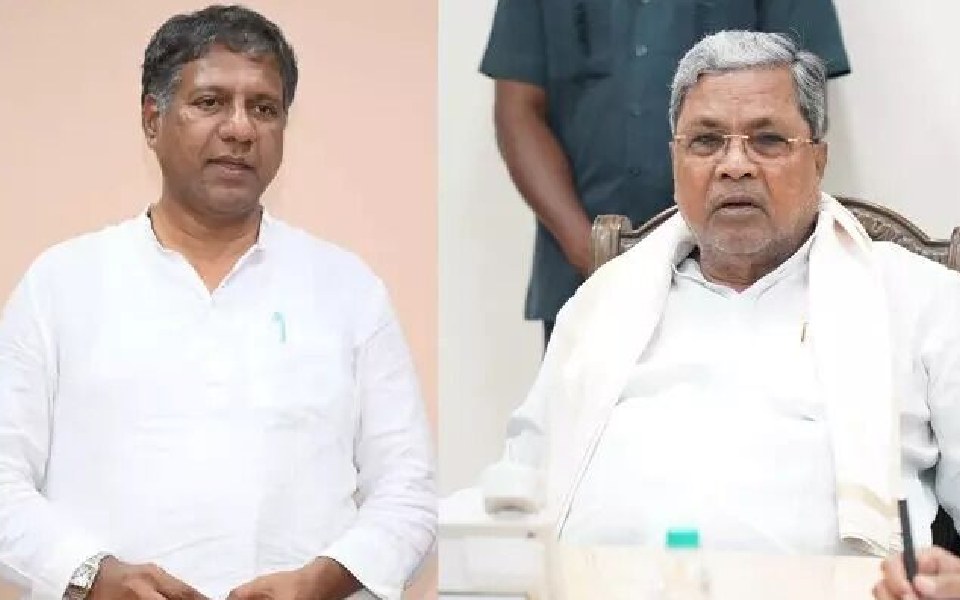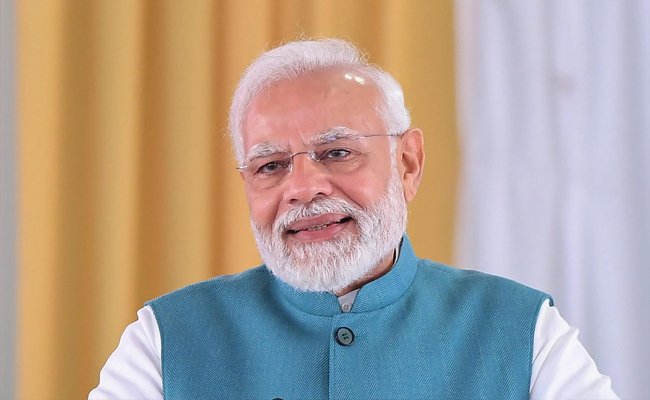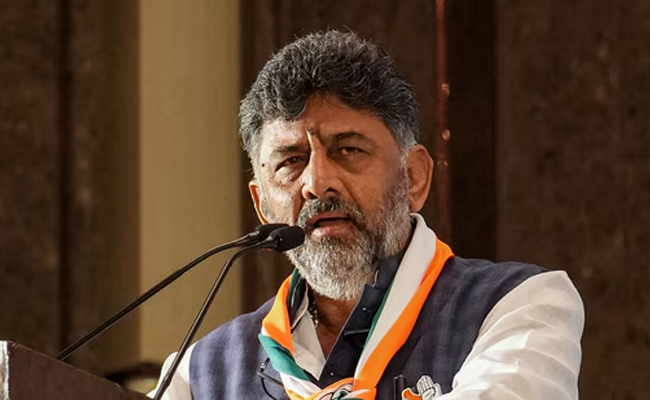Bengaluru: CM Siddaramaiah stated that BJP MLA Aravind Bellad had apologized for using abusive words and he warmly welcomed the move. He took to X to express his gladness for a rare political gesture, on Tuesday.
“Criticism [and] disagreements are common in politics. Sometimes, in the heat of the moment, a statement that insults another person's dignity comes and goes without [us] realizing it. Deputy Leader of Opposition Arvind Bellad levelled a personal abuse at me while speaking against our government's decision to grant land to the Jindal Company. Realizing his mistake, he apologized through a letter. I welcome this move of his with the utmost openness, and hereby convey that I have neither hatred nor resentment in my heart towards him”, Siddaramaiah wrote in the post.
ALSO READ: Smoking, drinking alcohol, consuming ''gutka'' to be banned on Chamundi hills in Mysuru
The CM said that he too had done the same mistake of using ‘singular-terms’ against his opponents earlier, which he had regretted later. He had taken care that it didn’t happen again, he said. Despite being on the receiving end of personal abuse many times in his 40-year long political career, Siddaramaiah said that it was the first time that a politician had ever apologized on his own for making such comments. Through the written apology, Bellad “has showed the right way to a new generation of politicians”, he said.
Remembering his enduring friendship with the MLA’s father Chandrakanta Bellad, Siddaramaiah called him a gentleman politician. “May Arvind continue his legacy of gentlemanliness”, he added.
Siddaramaiah said that when politics had become only criticisms, accusations and counter-accusations during these days, Arvind Bellad’s actions symbolized the existence of an honourable way of doing things. “The saying ‘there is no greater atonement than repentance’ makes more sense in this context”, he added.
ರಾಜಕೀಯದಲ್ಲಿ ಟೀಕೆ, ಟಿಪ್ಪಣಿಗಳು ಸಹಜ. ಕೆಲವೊಮ್ಮೆ ಉದ್ವೇಗದಲ್ಲಿ ಮತ್ತೊಬ್ಬರ ಘನತೆಗೆ ಚ್ಯುತಿ ತರುವಂತಹ ಹೇಳಿಕೆ ಅರಿವಿಗೆ ಬಾರದೆಯೇ ಬಂದು ಬಿಡುತ್ತದೆ.
— Siddaramaiah (@siddaramaiah) September 3, 2024
ಜಿಂದಾಲ್ ಕಂಪನಿಗೆ ಭೂಮಿ ನೀಡಿರುವ ನಮ್ಮ ಸರ್ಕಾರದ ತೀರ್ಮಾನವನ್ನು ವಿರೋಧಿಸಿ ಮಾತನಾಡುವಾಗ ವಿರೋಧ ಪಕ್ಷದ ಉಪನಾಯಕರಾದ ಅರವಿಂದ ಬೆಲ್ಲದ್ ಅವರು ವೈಯಕ್ತಿಕವಾಗಿ ನನ್ನನ್ನು ನಿಂದನೆ… pic.twitter.com/4tmH5OpGdz
Let the Truth be known. If you read VB and like VB, please be a VB Supporter and Help us deliver the Truth to one and all.
Gorakhpur (PTI): A hospital employee was booked for allegedly sexually assaulting a woman in the pretext of an ultrasound test here in the district women's hospital, police said on Saturday.
According to the complaint, the woman, a resident of the Gulriha area, visited the district women's hospital on Thursday morning for an ultrasound test.
She was directed to a room, where Abhimanyu Gupta was conducting ultrasounds. When her turn came, the accused allegedly stared at her and told her to remove all her clothes, claiming it was necessary for the test and that a massage would also be required, she said.
ALSO READ: UP: Girl kidnapped, raped multiple times over 25 days; accused held
The woman alleged that once she complied, the accused began making obscene advances and tried to force himself on her. When she screamed, he allegedly gagged her, abused her and threatened to kill her before pushing her out of the room.
She said her complaints within the hospital went unheard, forcing her to approach the police.
Taking cognisance of the complaint, the hospital administration constituted a three-member inquiry committee, officials said.
Senior consultant (paediatrics) Dr Jay Kumar said, "The woman has levelled serious allegations against a staff member. Senior officials have been informed, and a departmental inquiry is underway. Strict action will be taken if the charges are proved."
Kotwali Station House Officer Chatrapal Singh said a case has been registered, and efforts are on to nab the accused.





